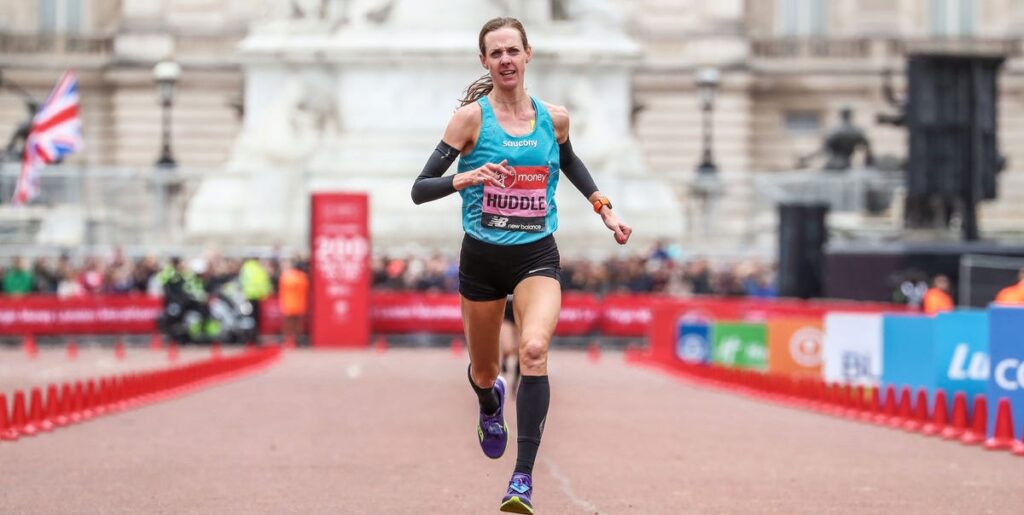Understanding Marathon Nutrition: Key Factors for Success
When it comes to marathon running, fueling your body effectively can be the determining factor between finishing strong or struggling through the last miles. As such, understanding marathon nutrition is crucial for any serious runner. This article aims to provide valuable insights on optimal fueling strategies during various phases of marathon preparation, from race week leading up to the big day itself.
The Importance of Carbohydrate Loading
One of the most widely discussed strategies for marathon nutrition is carbohydrate loading. This practice involves increasing carbohydrate intake in the days leading up to the marathon, effectively “topping off” glycogen stores. Resources from organizations like Gatorade Sports Science Institute (GSSI) offer research-backed advice and guidelines for athletes looking to perfect this approach.
Preparing for Race Week
As race week approaches, it is essential for athletes to pay attention to their nutrition. Some runners opt for a carbohydrate depletion followed by a loading phase, while others like to maintain their regular diets. Personally, I have found that eating a balanced diet rich in whole grains, fruits, vegetables, and protein works well for me, especially when I am already tapering my training routines. Meanwhile, carbohydrates should be the focus as the race draws near, with options like white rice, potatoes, and lower-fiber fruits serving as excellent sources.
Pre-Race Day Nutrition
The day before the race is critical for carb consumption. With a target of around 300 to 500 grams of carbs, I prefer to avoid restaurants to mitigate the risks of upset stomachs. Dishes like chicken or salmon rice bowls from well-known grocery stores, such as Whole Foods, are often my go-to. I also stock up on energy snacks like Gatorade Chews and Picky Bars, which make it easier to manage carb intake comfortably.
Race Day Breakfast
On race morning, especially for events like the Boston Marathon, timing my meals becomes crucial. Typically, my breakfast consists of rice cakes or a bagel with nut butter, accompanied by Gatorade Endurance. This meal generally occurs four hours before the race, followed by additional snacks like bananas and gels as the start time nears. My aim is to consume around 150 grams (600 calories) of carbohydrates by strategically splitting my intake leading up to the race.
Nourishment During the Marathon
Once the marathon begins, I focus on staying hydrated and replenishing carbohydrates. Optimal performance carbohydrate intake can vary, but recommendations suggest about 7 grams of carbs per kilogram of body weight per hour. During my races, I typically alternate between Gatorade and gels to maintain a consistent fuel source. Consuming 45 to 50 grams of carbs per hour has been effective for me while keeping stomach discomfort to a minimum.
Post-Race Refueling and Recovery
After crossing the finish line, refueling is essential to recovery. Many runners find that they’re not in the mood for sugary foods after consuming numerous gels during the race. Instead, I often crave a hearty burger or a cold beer, which offer both hydration and protein for muscle recovery. Celebrating with comfort food helps rehydrate and rebuild after the physically demanding experience of a marathon.
In conclusion, proper marathon nutrition requires meticulous planning and preparation. From carbohydrate loading to race-day meals and recovery strategies, each stage plays a significant role in performance. By following proven strategies and customizing them as needed, runners can enhance their marathon experience and optimize their results.
